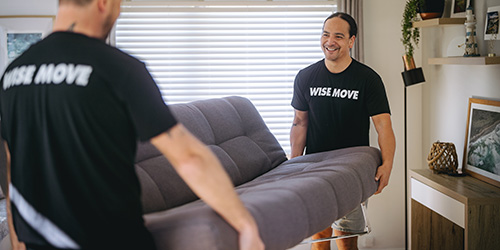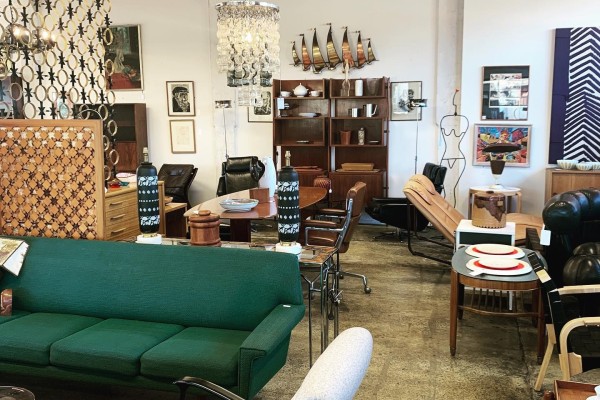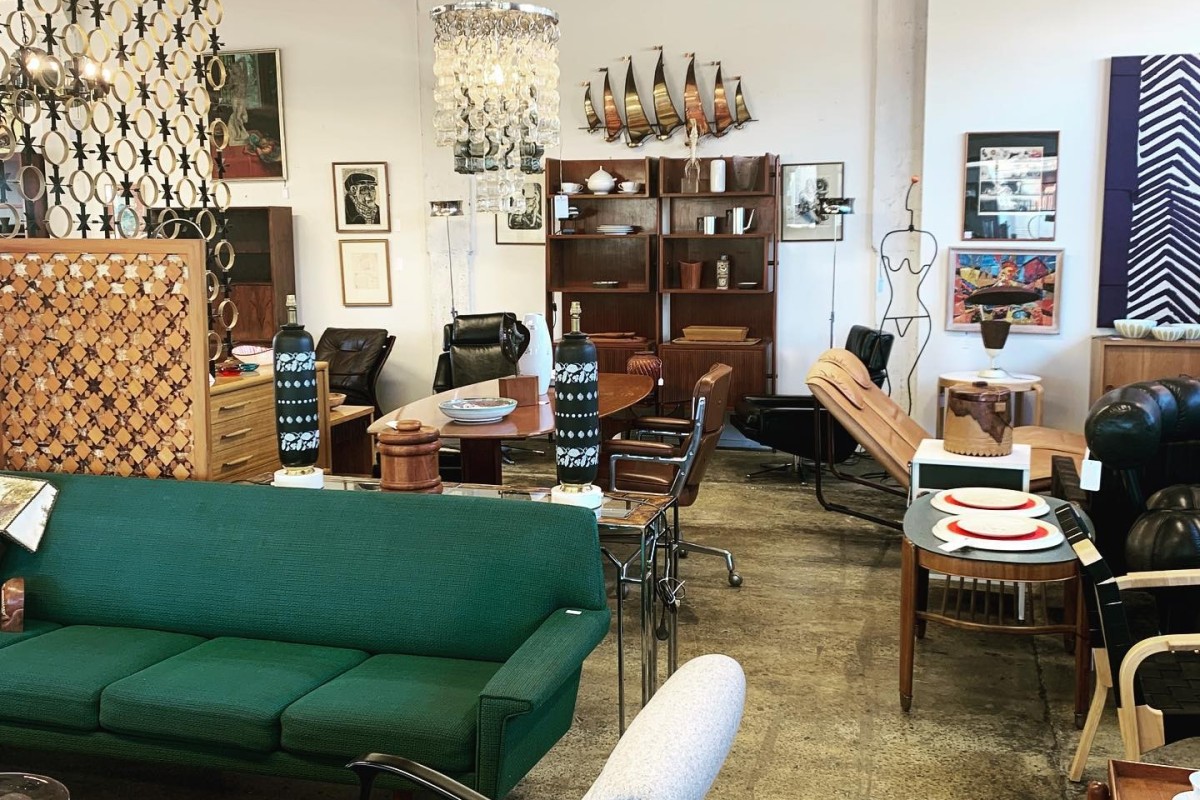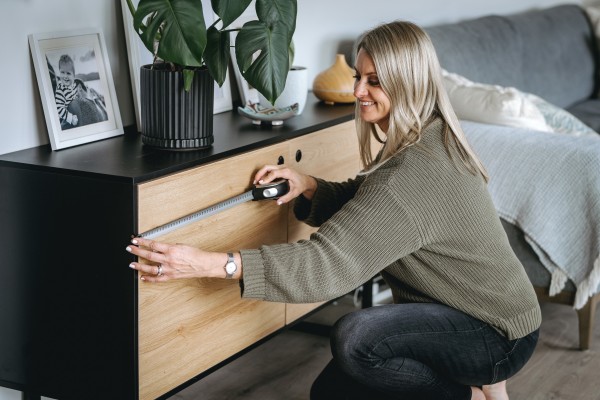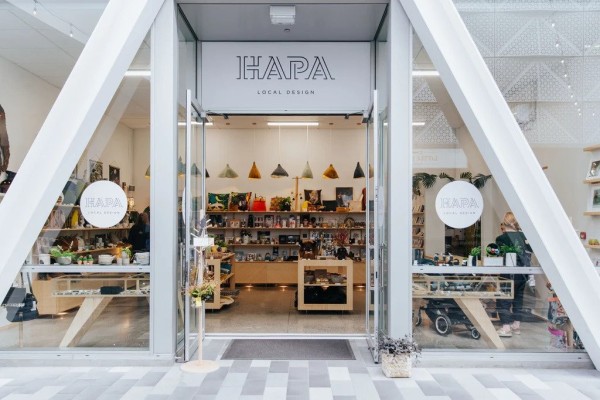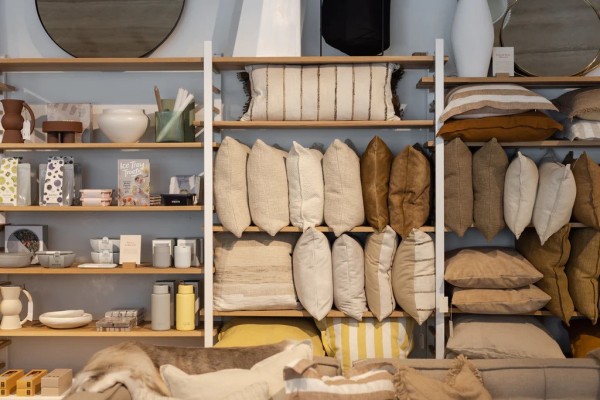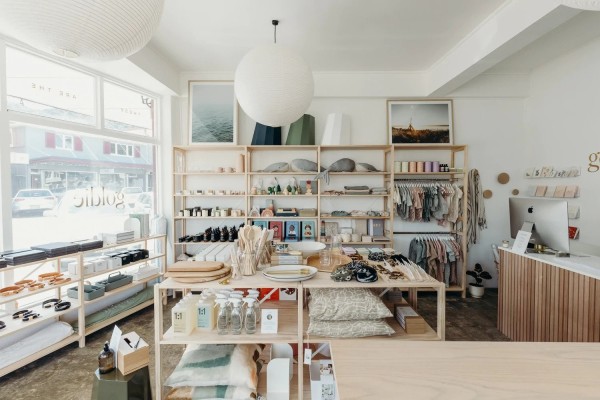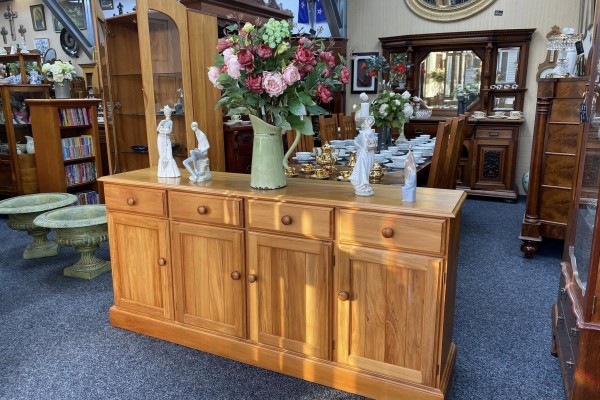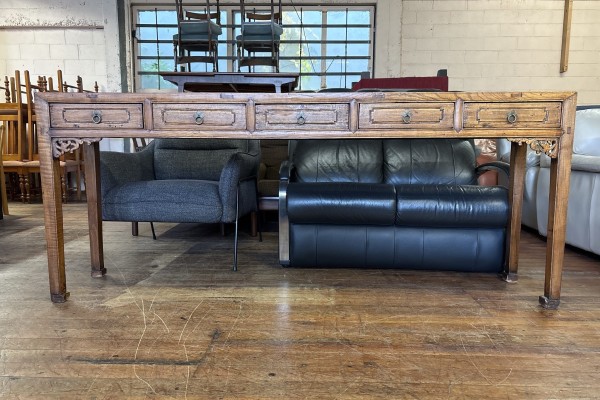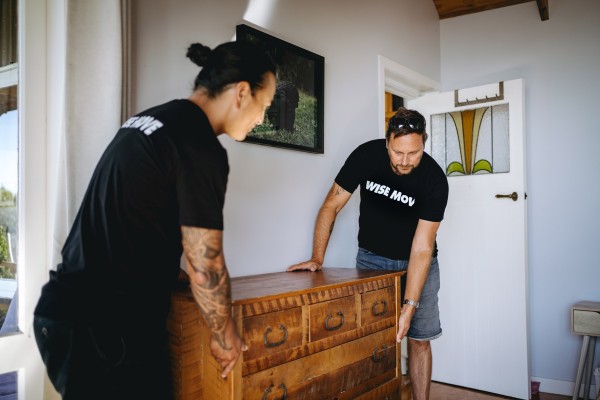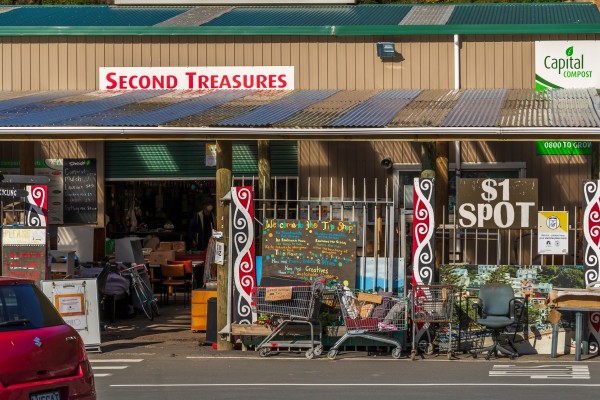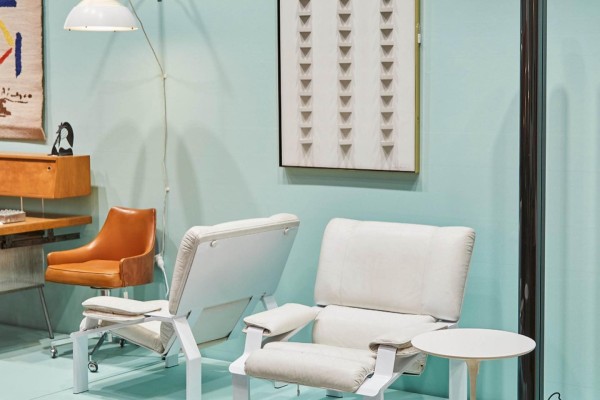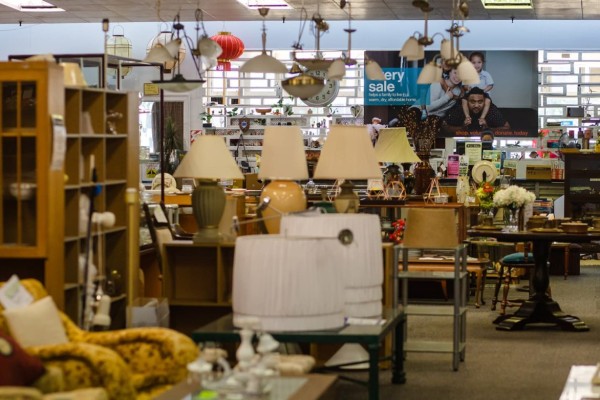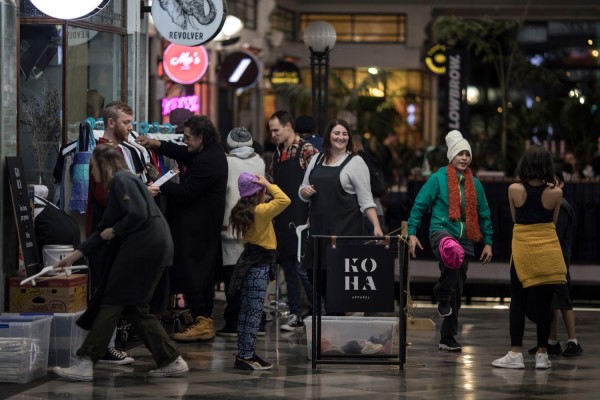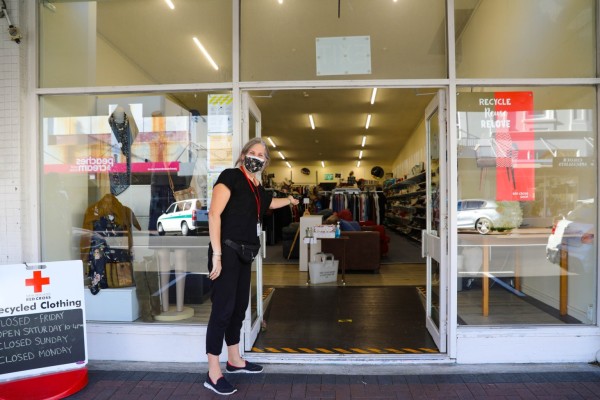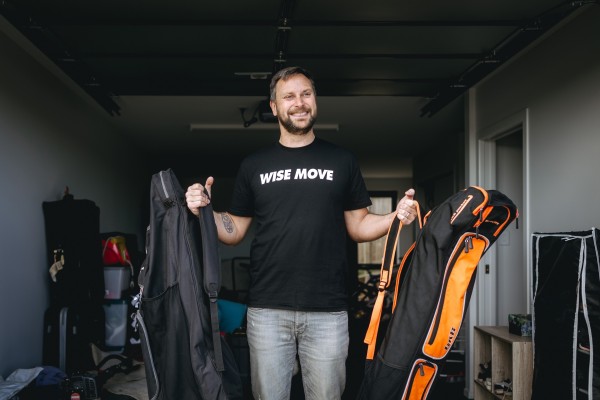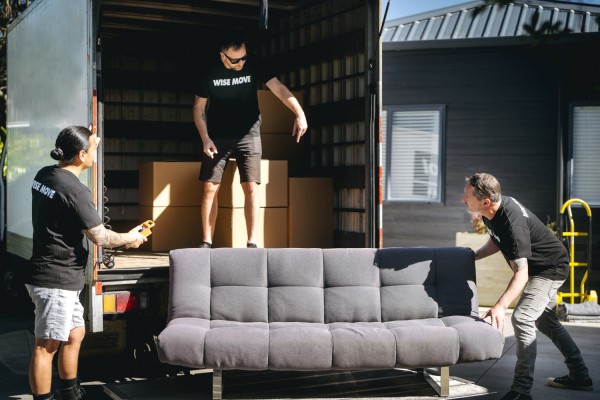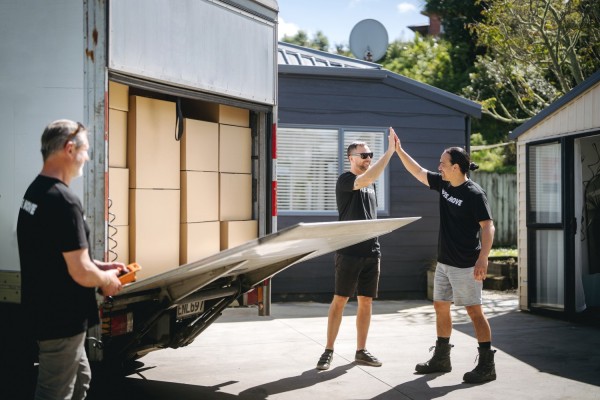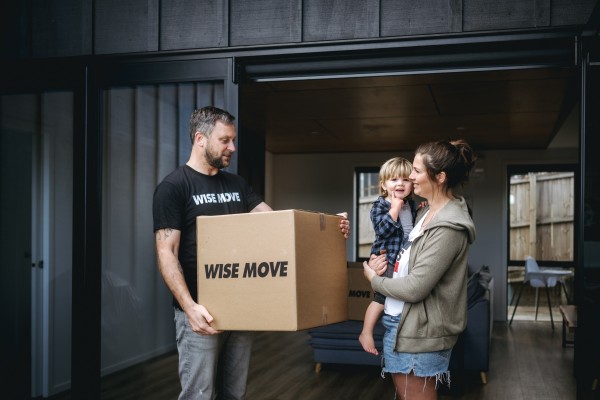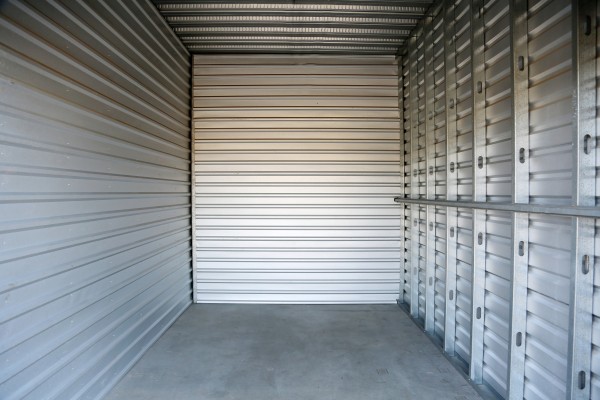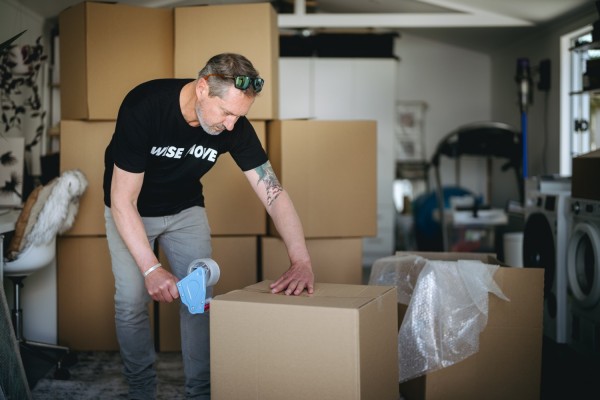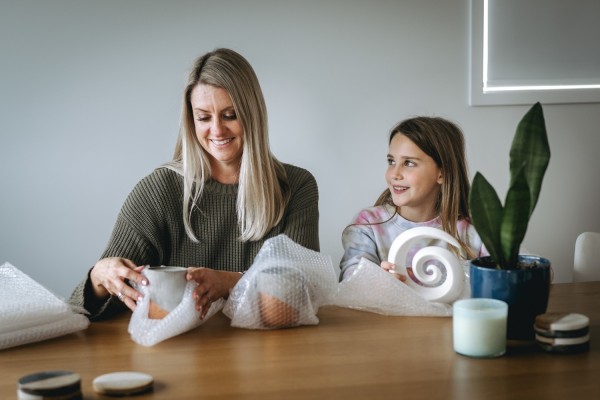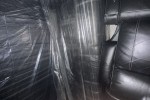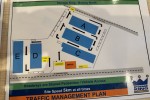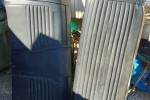Self Storage: Is renting a storage unit in New Zealand worth it?

Why rent a storage unit in New Zealand?
The number of people using storage rentals in New Zealand and Australia more than doubled between 2013 and 2020, jumping from 5% to 10% of the population. There are two main reasons people choose to rent a storage unit; moving house and storing extra possessions.
Renting a storage unit is often a good temporary solution if your moving dates don’t line up. If your rental agreement is due to end before you can move into your next home, renting a storage unit for a month or two can save you the hassle of unpacking your possessions one extra time before you move into your permanent abode.
The second most common reason for renting a storage unit is for storing extra household possessions. This can be a good idea if you live in a small space, like a studio apartment, and don’t have enough room for storing furniture, or seasonal equipment.

What are the downsides of renting a storage unit?
At what point does a good temporary solution turn into a waste of money? Many experts agree that a storage unit should never be used as a long-term storage solution.
One of the biggest issues with storage units is that it’s an easy way to avoid dealing with the real issue of having too much stuff. Rather than taking the time to go through your items and donate or throw stuff out, renting a unit can be seen as an easier solution. This is especially true if you don’t like parting ways with your stuff.
However, in the long run, storage units are often a less practical solution than just downsizing your items. Storage units are often located on the outskirts of most towns. This makes them less accessible and practical for retrieving items easily. How often are you really going to drive across town to retrieve items from a storage unit?
The less you visit your storage unit the easier it is to forget what’s stored there. It’s not uncommon for people to rent a storage unit, move their stuff in, and then end up buying more of what they already own.
New Zealand storage rentals start at around NZ$100 per month.
While this is a relatively insignificant price to pay in the short term, if you don’t have a date in mind for ending your rental agreement, you can easily spend thousands of dollars on storage you just don’t need.
Additionally, renting a storage unit doesn’t always mean your items are safe. Break-ins, mould and mildew can put your items at risk and negate all the money you spent.
What should I do before renting a storage unit?
Before renting a storage unit, first, consider why you need more storage.
If you are moving house and need somewhere to store your possessions, renting a storage unit makes sense. It’s more convenient than selling your furniture and you’ll likely save money, time and effort which can all add up.
If you need more of a specific item or two, consider renting a storage unit with an end date in mind. Calculate the cost of the furniture or items to help determine whether or not it's worth storing these things long-term.
For example, if you own a couch suite worth NZ$2,000 and a storage unit costs NZ$100/month, keeping the couch in storage for more than 20 months starts to become a waste of money.
If you simply have too many possessions, ask yourself the following questions:
- When was the last time I used each item?
- If I put these items in storage, how often would I return to use them?
- Are these items replaceable?
- Will this item be used in the near future?
- Would someone I know get used or enjoyment out of these items?
- Will saving one item out of many be enough?
What if I’m attached to certain items and can’t let go?
Parting ways with items you are emotionally attached to can be difficult. However, holding on to items that you don’t plan on using or even looking at regularly, isn’t a good idea either. They can weigh you down emotionally and keep you living in the past. If you have items that are of sentimental value, consider finding a long-term solution for these things.
Taking photos of the items you don’t want to keep, gifting items to other family members, or saving just one item out of a collection are ways to cherish your loved ones' memories without throwing these items out. Try not to feel guilty about letting go of these things. Gifting useful items to people in a need can help with these more difficult feelings.
If you still want to keep items even after going through the questions above, make sure you revisit your storage unit regularly. This will ensure you don’t forget what you’re paying for.
What should I look for in a storage unit?

Don’t just pick the storage unit with the cheapest price. If you are going to the effort of storing your items, keep these things in mind:
Location
The location of your storage unit matters. Pick a location that is accessible from your house, workplace or an area where you spend a lot of time. If you are travelling overseas, you may want to rent a unit close to a family member or someone you are staying with before or after you travel. The easier it is to access the less likely you’ll rent a unit longer than you need.
Security
Storage units are sometimes the targets of theft or organised burglaries. Choose a storage facility that is protected by both secure fencing and CCTV. Some units come equipped with individual alarms and will have a guard on site 24/7. A resident manager that stays on site can quickly respond if an emergency does occur.
Cleanliness
Dampness and mould can be a problem for storage units. Inspect the unit before you rent it and look for any sigs of water damage or mould. Ask for a tour of the facility before you move in. This way you can gauge the cleanliness of the whole establishment, not just the unit you are about to rent out.
Access
Not all providers grant 24-hour access. This can be a good or bad thing depending on your needs. Shorter operating hours could mean the facility has a better idea of when people are on site late at night. This is better from a security point of view. If you need to access your storage unit at any time choosing a provider that’s open 24/7 may be a better option.
Staff
Look for a facility with friendly staff that take an interest in your needs. If they know the facility well, take an interest in you, and care about your belongings they’re more likely to provide a safe, responsive service.
How much space do I need?
As a general rule, the following unit sizes work for storing your items:
- 1 x 2 unit: 50 archive boxes or items from a studio or spare room
- 1.5 x 1.5 unit: 50 archive boxes or items from a studio or spare room
- 1.5 x 2 unit: 70 archive boxes or items from a studio or spare room
- 1.5 x 3 unit: 100 archive boxes or items from a 1-bedroom home
- 2 x 3 unit: 150 archive boxes or items from a 2-bedroom home
- 3 x 3 unit: 200 archive boxes or items from a 3-bedroom home
- 4.5 x 3 unit: 300 archive boxes or items from a 3-4 bedroom home
- 6 x 3 unit: 400 archive boxes or items from a 3-bedroom home
Most storage units are taller than you may think. Many are as high as 2.7metres, which is taller than the ceilings in the average New Zealand home. Stacking boxes on top of each other or using shelving to store items up high can help you get the most out of your unit.
How should I prepare my items for storage?
Boxes aren’t always the best way to store items long-term. Damp and humidity can easily seep into the boxes and can destroy your items. Plastic storage bins are often a better option. While they are more expensive, they will better protect your items, are easy to stack on top of each other, are sturdier, and are easy to carry even when heavy.
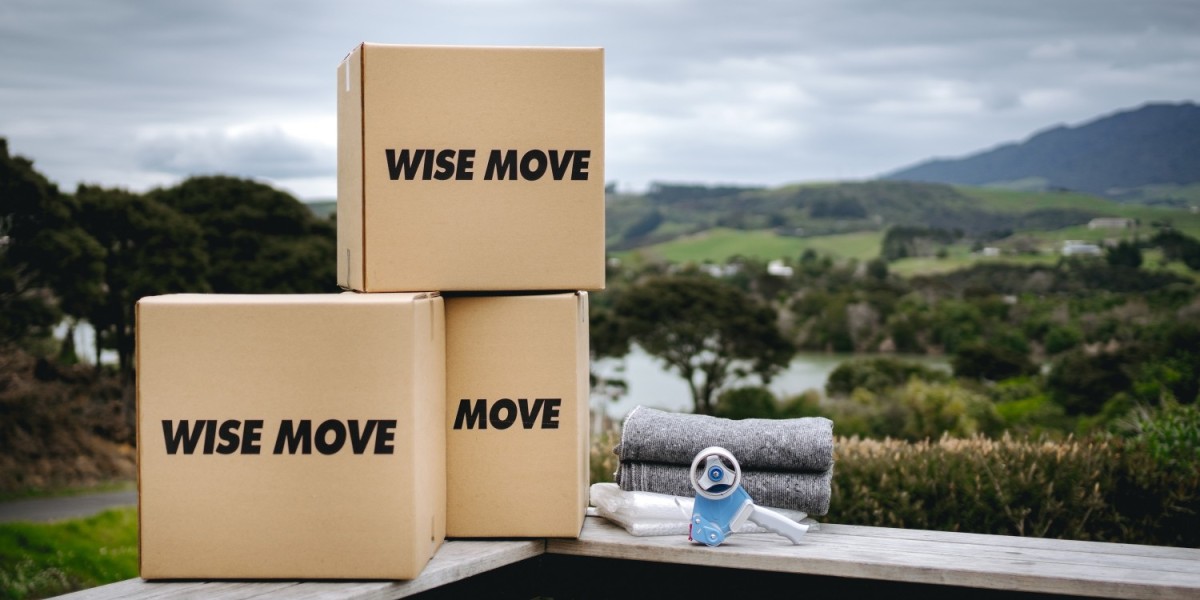
Make sure you clean each item before it goes into storage. This will avoid mould from building up later on.
Avoid using bubble wrap as this can encourage moisture to build up and mould to form. Fill boxes or bins to capacity but avoid overfilling them. They may crack or split and cause the contents to spill out or break.
Structure your storage unit in a way that makes the most sense for your needs. Place the heaviest items on the bottom of each stack, or keep the items you’ll need the closest to the door.
Label each box or bin clearly, on the sides and top. Keep a master list in your home of each box or bin and the exact items in each one. This will make it easier to find the items you need each time you visit.
Try to avoid storing cardboard boxes directly on the floor. A great extra step to take is lining the floor of your unit with wooden pallets. While this takes a little extra effort it can protect your items in the event of surface flooding. There are some things you should never put in a storage unit. Find out what they are before you move your belongings.
How much does a New Zealand storage unit cost?
Prices vary depending on each provider, however, prepare to spend anywhere from NZ$100-NZ$300 a month storing your items. The cost differs depending on what services your facility provides (e.g on site management, security, CCTV) and how large of a unit you need.
As a guide, small units can cost around NZ$100 per month. Medium units from NZ$100-NZ$300 a month and large units NZ$300-NZ$500 per month.
Keep in mind that your items are not automatically covered by insurance once moved into a storage facility. While it’s not a requirement to ensure your items before you put them in storage, it is something you should consider.
Before the move, ring your insurance agency and discuss whether off-property items are covered under your existing contract. Most providers offer some off-site protection, however, there may be time limits or terms attached. The following providers offer insurance for self-storage in New Zealand:
- AA Insurance
- Kennards
- NZI
- Rothbury Insurance Brokers
- Storage Protectors
- Vero Insurance
- Wallace McLean
What can I store in a storage unit?
Generally, as long as your items are packed correctly, most things can go into storage. Items that you should avoid storing include food and perishable goods, illegal items or dangerous goods that are: corrosive, flammable, explosive, toxic, oxidising, soluble, or combustible.

You can often store vehicles in your storage unit if space allows. Cars, boats, trucks, caravans, motorhomes, trailers, jet skis, and motorbikes can all be stored safely and securely in a storage unit.
Storage rental can be a great option for keeping your vehicles safe and protected while still being easily accessible.
What are the best storage facilities in New Zealand?
Reputable storage facilities in New Zealand include:
- Kiwi Storage - Auckland and Wellington
- Kennards Self Storage - Auckland, Wellington, Tauranga, Napier/Hastings, Palmerston North
- Ezy Stor - Wellington, Palmerston North, Christchurch, Dunedin, Tauranga, Wanaka
- Safe Guard Self Storage - Hamilton, Cambridge, Waihi, Rotorua, Whakatane, Gisborne, New Plymouth, Palmerston North, Wellington, Levin, Bulls, Otaki, Christchurch, Ashburton, Nelson
- Storage King - Auckland, Hamilton, Rotorua, Tauranga, Christchurch, Dunedin, Queenstown, Wanaka
Need a mover to get your items into storage? Wise Move can help. We give you the best fixed-price options for your move and can help keep your delivery costs down. Find the best movers for your delivery today.
What do our customers say?


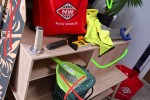


For every (wise)move
